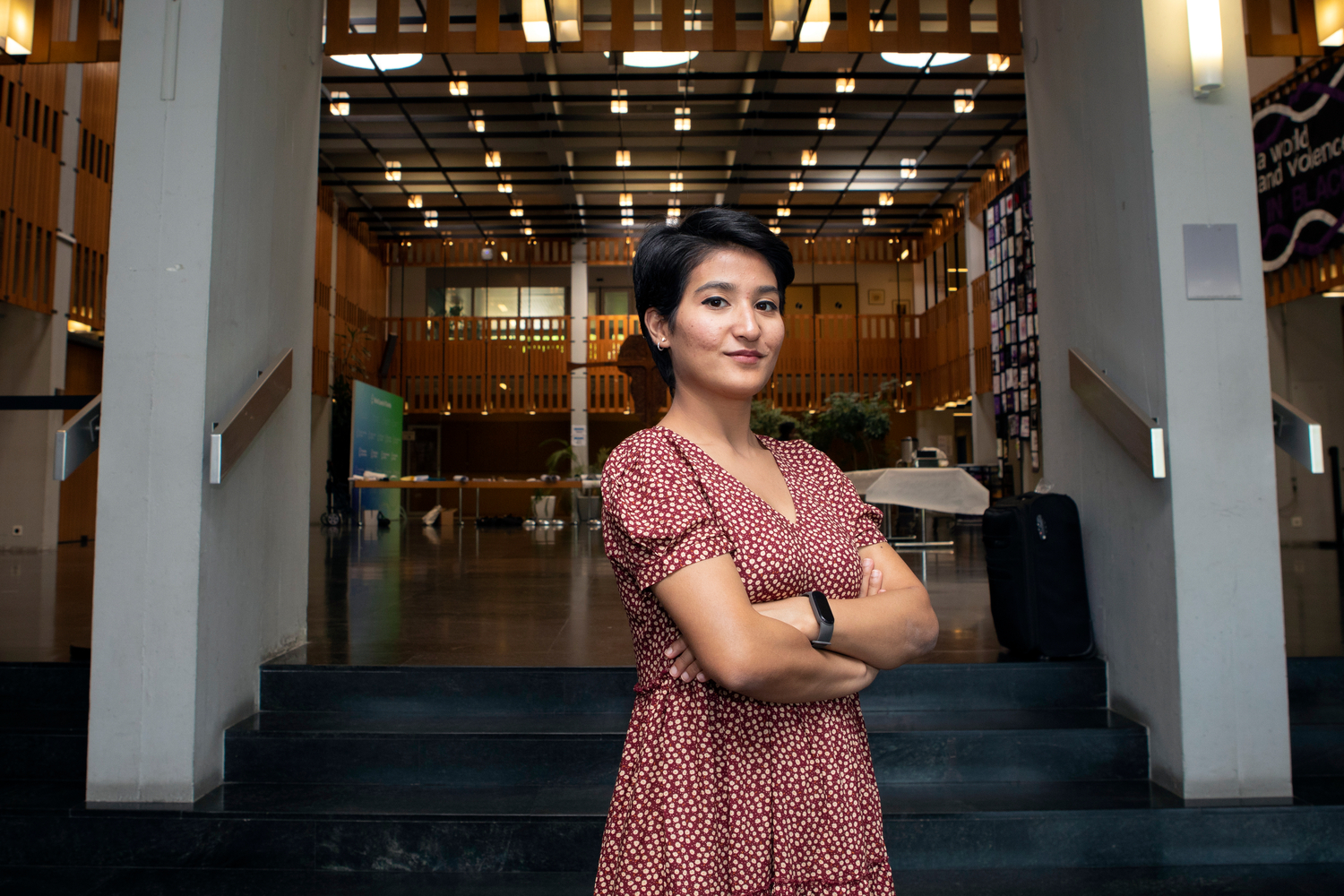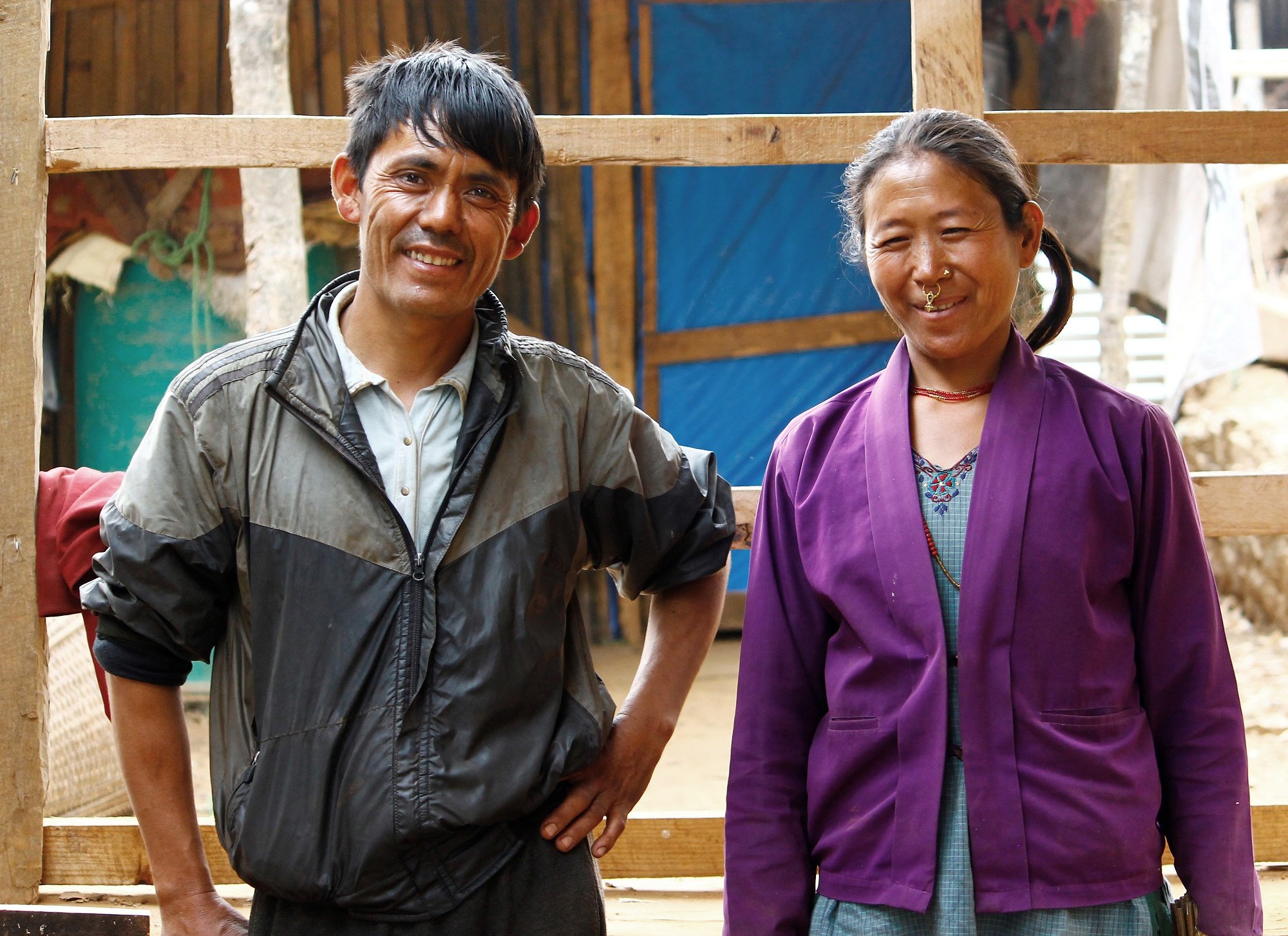Snake bite victims breathe easier in Nepal thanks to UNHCR donation
Snake bite victims breathe easier in Nepal thanks to UNHCR donation

DAMAK, Nepal, September 23 (UNHCR) - Every year, the monsoon season in Nepal unleashes heavy rains and opens the rice-planting season in the refugee-hosting terai plains of the south-east. From June to October, farmers spend long hours in the fields to plant, then harvest their rice crops. But they are not alone.
Flushed out of their natural habitat, snakes roam the fields freely and cause a surge in the number of snake bites at this time of the year. Eastern Nepal, in particular, is known for its high density of venomous snakes. Cobra and krait bites are common, producing potent neurotoxins that could lead to fatal respiratory paralysis.
Concerned about the health of refugees from Bhutan and their Nepalese hosts, UNHCR has donated a portable ventilator for artificial respiration to the Nepal Red Cross Snake Bite Treatment Centre in Damak, eastern Nepal. The machine helps patients with respiratory paralysis to breathe more easily and is an important form of support therapy in addition to providing anti-venom to the victim.
"During our assessment we found that the centre only had a mechanical ventilator which had to be operated manually and was not effective," said Lakruwan Dassanayke, UNHCR's health coordinator in Damak. "We recognized the necessity of a portable ventilator so that the critically envenomed cases with respiratory paralysis could be treated at the centre and if required transferred safely to the nearest hospital," said the doctor.
Nepalese homemaker Laxmi Gautam can attest to that. The newly wed was preparing dinner when a snake suddenly appeared on the mud floor of her kitchen and bit her right leg. Her husband rushed her by motorbike to the Snake Bite Treatment Centre in Damak, some 22 kilometres away.
Laxmi's breathing was so laboured that the centre's medical team immediately knew that she had been bitten by a venomous snake. She was connected to the portable ventilator and anti-snake venom was injected. By midnight, she had regained consciousness and her breathing improved. "Laxmi's condition would have been more critical had we not used the portable ventilator. It saved her life," said Amir Bista, head of the centre's medical team, who treated her.
There are only two snake bite treatment centres in the region. The centre in Damak alone receives more than 1,000 cases of snake bite a year, including around 200 cases involving venomous snakes.
The lightweight portable ventilator donated by UNHCR cost nearly US$5,000 and can be charged using a power line or an internal or external battery. This feature makes it very effective during the frequent power cuts in the region or while transporting critical cases from the treatment centre to the local hospital.
After a week in the local hospital recovering from the snake bite, Laxmi is back home and doing well. All she needs now is some physical therapy for her leg. "That was a horrible night for me," she recalled. "I am thankful to everyone who treated me and gave me a new life."
UNHCR has been working in the Jhapa and Morang districts of eastern Nepal since 1992, when tens of thousands of refugees arrived from Bhutan. The agency continues to provide protection and assistance to some 34,000 refugees today. A major resettlement programme is under way through which almost 83,000 refugees have started new lives in eight different countries.
To show its appreciation to the host community in Nepal, UNHCR has provided continued support to them over the years, especially in the health and education sectors. Previous donations include ambulance and medical equipment to the local hospitals, treating both the host communities and refugees.
By Deep Raj Uprety and Nini Gurung in Damak, Nepal







